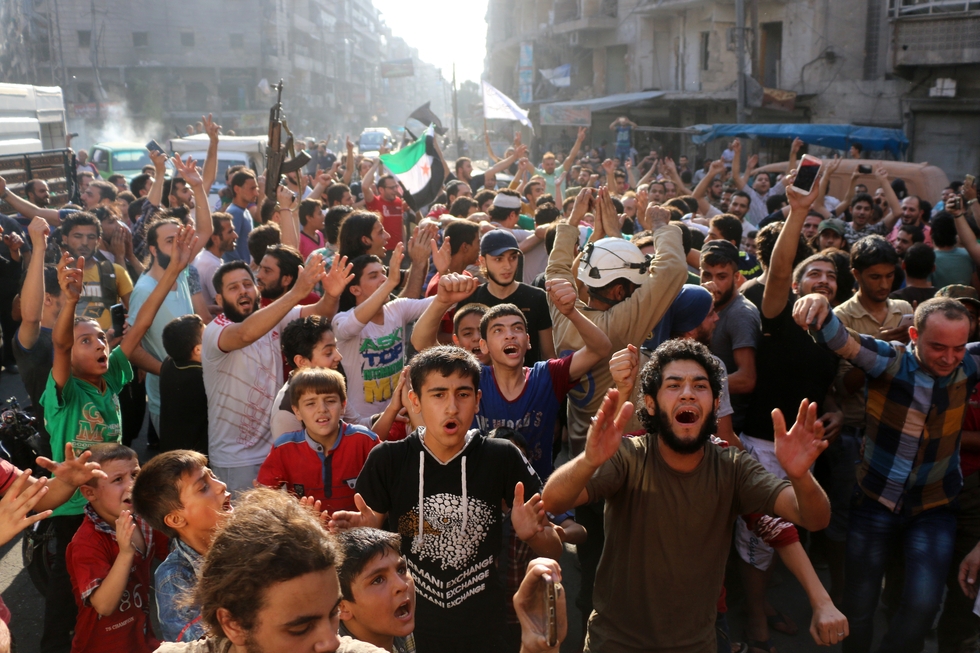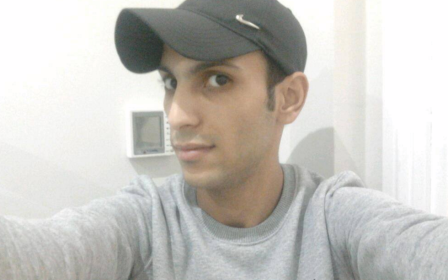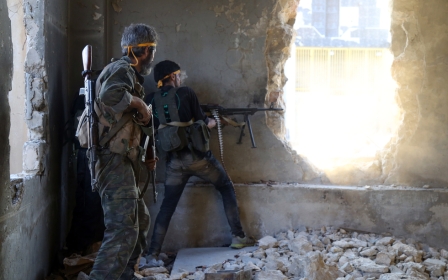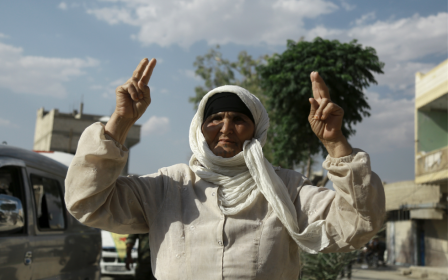Aleppo battle leaves two million without water, UN says

Fighting in Aleppo has cut water access for as many as two million people, the UN said, calling for immediate access to the heavily bombed city.
UNICEF said on Tuesday that children and families in Aleppo are facing "a catastrophic situation" with the water supply for two million people cut off for four days after the electricity network needed to pump supplies was damaged during fighting.
"These cuts are coming amid a heatwave, putting children at a grave risk of waterborne diseases," Hanaa Singer, UNICEF's representative in Syria, said in a statement.
The remarks come shortly after Yacoub El Hillo, the UN's top humanitarian official in Syria, and regional coordinator Kevin Kennedy called for a ceasefire or weekly 48-hour "humanitarian pauses" to reach those in need.
Medical and food stocks "are running dangerously low," the pair said in a statement late on Monday.
Ferocious fighting has rocked divided Aleppo in recent weeks, with rebels and government forces seizing rival access routes and cutting off residents.
The government controls the western parts of the city and the rebels the east with the two also battling in the surrounding countryside and trying to besiege each other.
On 17 July, the government besieged as many as 300,000 people, but a rebel advance that began last week pushed back pro-Assad forces over the weekend, breaking the siege and threatening to cut off government-controlled parts of the city where most people live.
Since then, both sides have said that they were rushing in supplies and reinforcements:
Jamana al-Ahmed, who lives in central Aleppo, said she has seen lights go out and taps run dry.
"After the siege was lifted from eastern areas of the city, and the rebels seized control of large areas of Ramousa Road, a key supply route to the city," she said, "there was immediately a huge increase in the prices of staple goods and fuel in western areas of the city that are still under government control.”
"We used to have electricity for 10 hours a day, but this dropped the day after the rebel advance to five hours, even though there are diesel stocks to last at least a month!
"Water services have basically been non-existent for the past two weeks – when the taps run it’s for very short periods, two hours at most. Electricity cuts also mean we can’t get water, because it comes from pumps that supply the whole city.”
The UN on Tuesday described the siege tactics used in Aleppo as war crimes.
Fighting in Aleppo is reported to have killed at least 130 civilians since the end of July, and to have damaged hospitals, clinics, and the city's power and water networks.
"The UN stands ready to assist the civilian population of Aleppo, a city now united in its suffering," Hillo said.
"At a minimum, the UN requires a fully fledged ceasefire or weekly 48-hour humanitarian pauses to reach the millions of people in need throughout Aleppo and replenish the food and medicine stocks, which are running dangerously low."
More than 100,000 people had been killed in the conflict when the UN stopped its official count in January 2014, saying that it was unable to verify the data it was collecting.
This April, the UN Envoy to Syria Staffan de Mistura estimated that 400,000 people had been killed.
New MEE newsletter: Jerusalem Dispatch
Sign up to get the latest insights and analysis on Israel-Palestine, alongside Turkey Unpacked and other MEE newsletters
Middle East Eye delivers independent and unrivalled coverage and analysis of the Middle East, North Africa and beyond. To learn more about republishing this content and the associated fees, please fill out this form. More about MEE can be found here.




